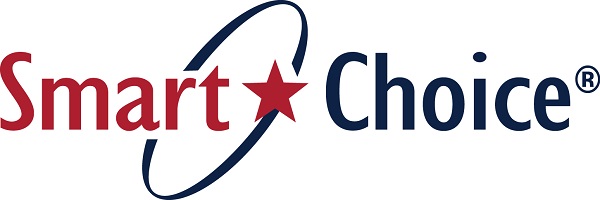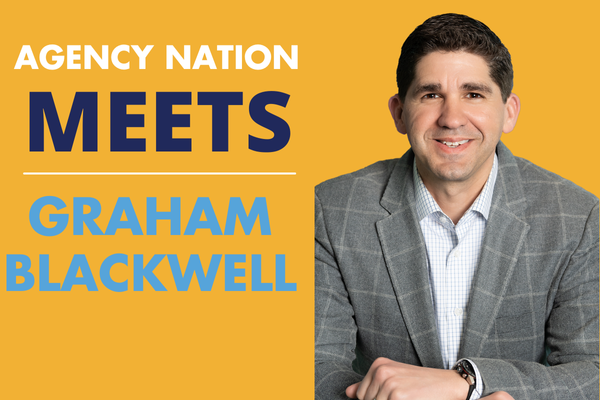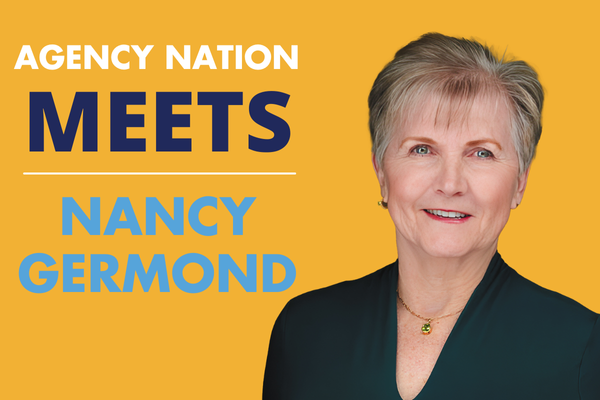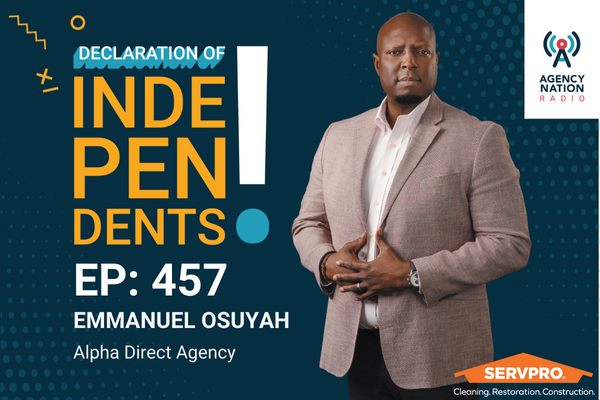Independent Agents Reveal Real-World Methods to Achieve Success

We surveyed and interviewed independent agents from across the United States to understand the hurdles they face, the partnerships they’ve engaged in and how these strategies have affected their businesses. In our research, we explored the options they chose to overcome income and growth barriers while remaining independent.
Surveyed agents have a partnership with a leading agency network. The services and tools they have selected vary, but all utilize at least the basic network offerings to gain access to quality insurance markets, agency business tools, training and support. We asked for their input about their experiences before and after they formed that partnership.
Why Independent?
Insurance agents often aspire to an independent business model. Some transition from captive relationships with carriers while others begin their careers on their own. In our research, 80% of those surveyed had captive backgrounds compared to 20% who were always independent.
No matter how they started their careers, the independent model is appealing and offers many advantages—from the potential for higher profits to the appeal of being your own boss. Many agents have found an independent approach that works for them and they do well financially.
Yet, there can be downsides. Limitations and restrictions associated with the independent model keep some agents from thriving. In the worst cases, they are barely able to survive.
In addition, there are other measures of success to consider beyond the financials, including the agent’s level of satisfaction day to day—from burdensome tasks to overall quality of life and work-life balance. Agents also resoundingly said they felt they were better able to serve their customers in the independent agency model.
What Hurdles Are Independent Agents Facing?
Independent agents experience many disadvantages when compared to captive agents. Despite a 1-to-20-year range of experience, common trends emerged from surveyed agents:
1) Marketing. Independent agents experienced challenges in creating name and brand recognition in their local areas.
2) Competitive positioning. Instilling consumer confidence was more difficult against national marketing campaigns.
3) Education, support and tools. Access to various resources can be difficult and costly when acquiring them solo. Captive agents experienced a sharp decline in their access to these tools when they transitioned from captive agencies.
4) Carrier limitations. Access to carriers was often limited by the volume of business done by the agent. In addition, independent agents may have more difficulty in being able to satisfy high volume requirements set by multiple carriers, as well as balance these requirements while still providing the best option for their customers.
5) Administrative. Having to manage relationships with carriers on top of running a business was time-consuming and burdensome.
These concerns were also consistent across personal and commercial lines:
- 70% of the agents surveyed were about 90% personal versus 10% commercial
- 20% of the agents surveyed were 70% personal to 30% commercial
- 10% were mostly commercial
New agents also experienced a general lack of mentorship, guidance and education that are often crucial to building a solid business model for future success.
| “I know how to sell and build relationships, but the daily aspects of running a business were challenging.” Jeremy Powers, Powers Insurance Experts, Columbia, S.C. |
An Agency Network Can Remove Hurdles
When evaluating an agency network as a partner, there are many factors to consider. One of them is the range of services and the flexibility of how they are offered. The agents surveyed have been with their agency network from 1 to 16 years. They experienced the following benefits as a result of the relationship:
1) Negotiation with carriers on behalf of the agency. This provides smaller agencies an opportunity to work with larger carriers. Agents responded resoundingly that their network’s support team was able to get them interviews and contacts with carriers that previously wouldn’t speak to them.
2) Higher commissions. Many agents mentioned that the network team negotiated higher commissions.
3) Lower production requirements. Agents agreed that the higher commissions, partnered with lower production requirements, enabled them to consistently do the right thing for their customers and place the business with the right carrier fit. This in turn gave them higher customer retention rates, which makes it easier to keep a solid book of business that steadily grows.
Agents also noted that the network’s staff act as business advisors, counselors and negotiators on behalf of the agent, which frees the agent to focus on the things that they excel at.
Considerations When Evaluating an Agency Partner
Each agent’s business model is unique, so solutions need to be flexible and scalable to the individual. Having access to a variety of services that accommodate where the agent is in their career, with their client base and their interests are areas of consideration before choosing whether to work with an agency network. Areas of concern and interest when evaluating an agency network for surveyed agents included:
- Fees for membership
- Ownership of a book of business
- Commission sharing
- Profit sharing
- Lower production requirements
- Access to a variety of valuable carriers and products
- Support for expanding product offerings to meet client needs
- Potential to qualify for exclusive incentives
When specifically addressing the reasons they decided to partner with a network, agents noted the following:
1) Relationships. All said their relationship and the support they receive from their network representatives are invaluable.
2) Experience. Agents noted that employees and field reps have been with their network company for a very long time. This experience and resulting skills streamline encounters and create efficiency.
3) Unique culture. Agents felt that they remain independent, only accessing the partnership when they need something. They do not feel required or pressured to use anything they don’t want.
4) Commissions. Agents value the ability to earn 100% commissions after a certain amount of time, while still having the support of the partnership.
A portion of agents also noted that network field reps working on their behalf helped them run their business by assisting in carrier relationships.
In general, agents felt positive about selecting their network, noting that they retained the freedom to make their own decisions about their agency and book of business. They also appreciated that there were no requirements to use any part of the program—they simply gained a partner that provided resources.
| “I wanted to do right by my clients. I couldn’t do that working for just one company. I want to change the landscape of insurance because I think it’s so important. Everyone thinks it’s about price, but it’s not – it’s about value – and my network gets that.” Agent from Oregon |
Business Impact Resulting from Their Network Partnership
1) Financial growth. Surveyed agents reported varying growth and increases in their book of business since partnering. All agencies, except one, were $3 million to $7 million. Most achieved $3 million in growth between three to five years.
In addition, one personal lines agent reached $1 million in premium in one year, while a commercial lines agent reached $3 million in premium in one year.
2) Close ratios and rationale. Agents noted that their lead close ratios increased after leaving their captive roles and partnering with the network. Their close ratios were reported between 15-20%, while ratios rose to 80-90% after going independent and partnering with the network.
Most commented that their close ratios went up dramatically for two reasons:
- Access to numerous companies to quote for the best all-around fit and package at the best price.
- Not feeling compelled to write the business with one carrier over another because they were beholden to premium requirements.
Independent agents who partner with a high-quality agency network experience better growth and close ratio outcomes post-relationship. Higher retention, opportunities for higher commissions, no network fees and flexibility to choose which network services to use all facilitate agent satisfaction. Access to top-rated carriers that would otherwise have been inaccessible pre-relationship support agents in providing the best match and highest satisfaction for their clients.
| “Once I met my partner’s field rep, I never really looked at another network seriously. Because I know that if a person has stuck by a company that long, they must really stand behind what they do. People don’t stay with a company they don’t believe in.” Agent from New York “If I hadn’t partnered with my network, I don’t think my agency would be near what it is today. I don’t think I would have known how to get the major appointments I was able to get – simply by them having built relationships with these carriers for years.” Agent from Oklahoma |
Click Here to Learn More!










